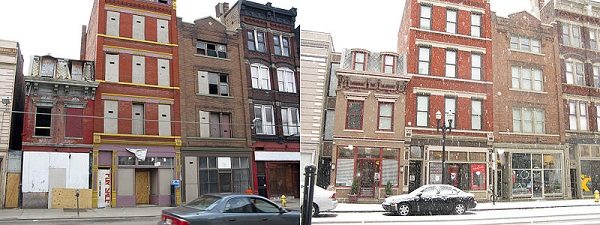
December 16, 2013; VT Digger
Representatives from nonprofit schools, arts groups, and charitable organizations testified this week against proposed changes to Vermont’s property tax exemption regulations, reports the VT Digger, itself a nonprofit news organization.
Lawmakers and other stakeholders on the State’s Property Tax Exemption Study Committee said the information could lead to potential improvements to their draft legislation, a bill in the State House’s Ways and Means and State Senate’s Finance committees later this session.
Sign up for our free newsletters
Subscribe to NPQ's newsletters to have our top stories delivered directly to your inbox.
By signing up, you agree to our privacy policy and terms of use, and to receive messages from NPQ and our partners.
According to the Digger, the draft legislation would require public and charitable nonprofits to certify their tax-exempt eligibility and work with local governments to negotiate agreements. Churches, synagogues or religious societies would retain their property tax exemptions.
The article points out that small towns, of which there are many in Vermont, have little negotiating power with some large nonprofit institutions, such as private colleges. The committee was told that most schools work out service deals with towns, and would prefer to avoid putting a dollar value on what they give or receive.
Some towns already ask nonprofits for voluntary payments in lieu of taxes, or PILOTs. The draft legislation would require organizations and municipalities to craft agreements or codify existing arrangements, but not mandate PILOT payments. It would increase local control, which is of concern to arts organizations, said the article.
This discussion continues to highlight the pressures on the property tax base of many local governments as they conflict with the limited budgets of local nonprofits that serve those very same communities. Earlier this week, Nonprofit Quarterly carried a newswire about two social service agencies in a small town in nearby Maine that were hit by the local selectmen’s vote to stop funding them.
These stories are examples of the impacts of nonprofits advocating, or failing to advocate, on behalf of their missions with elected officials.—Larry Kaplan













